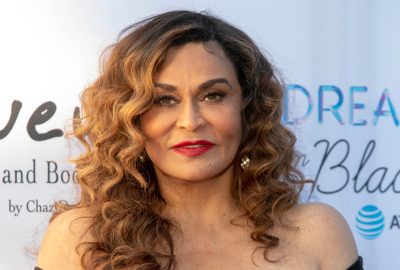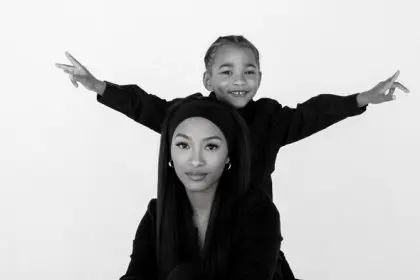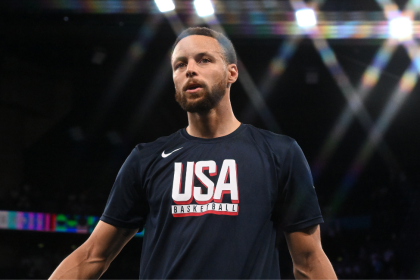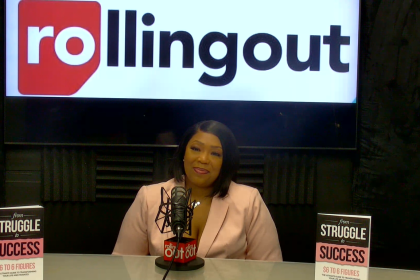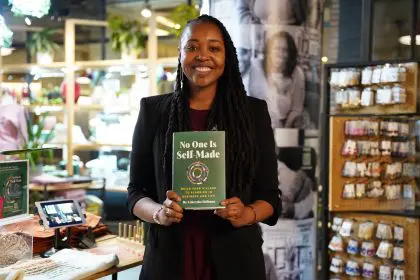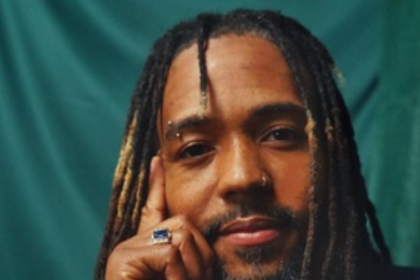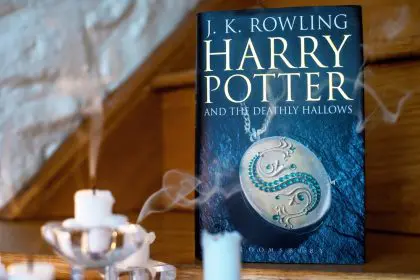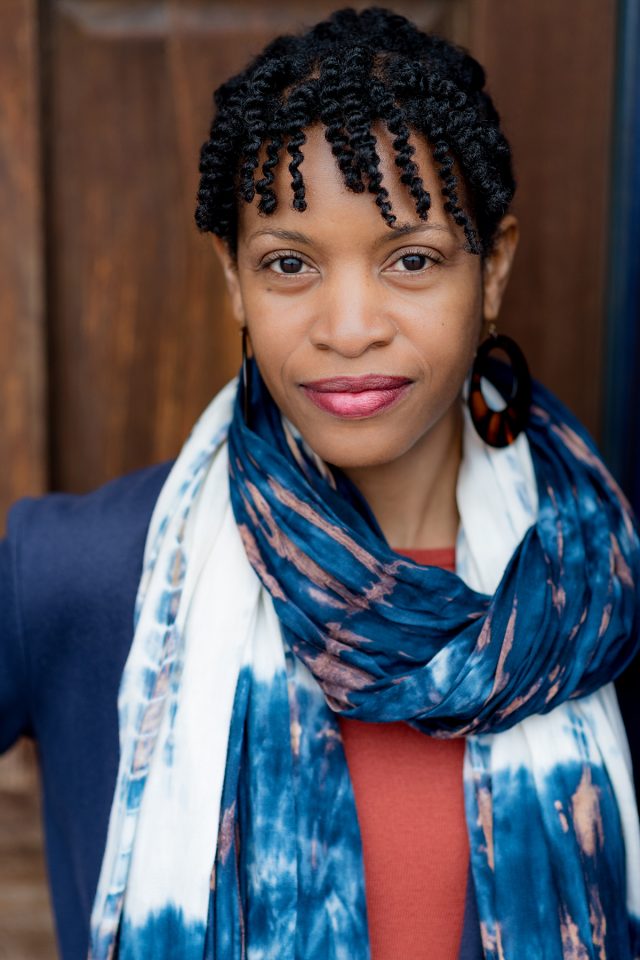
What is the story behind the title Heir to the Crescent Moon?
Back in the 70s, the mosque that my parents were a part of had several businesses in Harlem and the businesses were all named after Banu Hilal. There was a Banu Hilal restaurant and The Banu Hilal tea room. The Banu Hilal was a tribe back in the early centuries, a Bedouin Muslim tribe. The name translated to “Sons of the Crescent Moon” and I thought that was a really interesting and cool name. So I wanted to use that to define kind of what I was trying to do by telling a story about this legacy that came from my father.
How important is religion in your family?
Well, in my family knowing God and understanding God was a big part of growing up. The foundation for [religion] was having a relationship with God, knowing that he was the creator of the universe, and that we had a purpose on this planet in our own lives and it was our job to find what that purpose was. So I think that is something that I’m continuing in my own family — just trying to have myself and my children have a relationship with God and have faith.
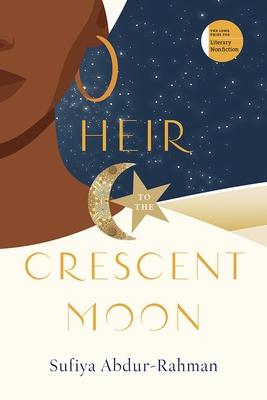
Do you think religion is still part of the Black community today?
It’s not a given anymore. I think, in our society, particularly in the black community, it used to be such a big thing — going to church every Sunday or going to the Masjid on Fridays. But nowadays people have moved away from that. Our lives are just so busy. Often houses of worship have not been so much a part of it and that’s okay if things evolve. I do think that having a relationship with God is foundational to just being a full person.
Throughout the book you incorporate various prayers in Arabic. Was that intentional?
Muslims pray five times a day in Arabic. If you’re going to be Muslim, you need to learn the prayers in Arabic and for sure Americans are naturally uncomfortable with foreign languages. Yes, it was intentional for me to put it in there, to try to make it just a little bit more comfortable or a little bit more normalized. I hopefully can normalize it a little bit more and not be seeing it as so much of a foreign thing, but part of an American thing. I do hope that people can start to see Islam is just a natural normal thing that some people are part of [and] some people are not.

